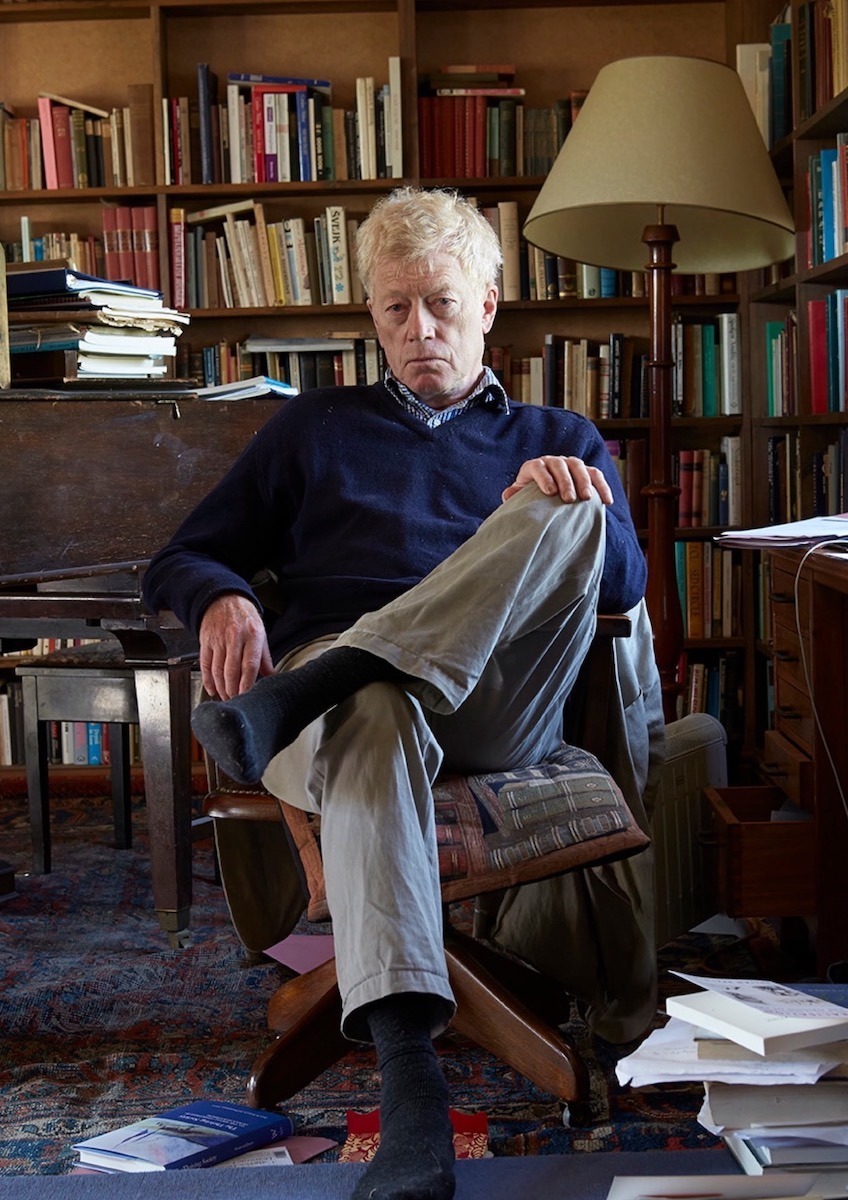Rousseau told us that we are “born free,” arguing that we have only to remove the chains imposed by the social order in order to enjoy our full natural potential. Although American conservatives have been skeptical of that idea, and indeed stood against its destructive influence during the time of the ’60s radicals, they nevertheless also have a sneaking tendency to adhere to it. They are heirs to the pioneer culture. They idolize the solitary entrepreneur, who takes the burden of his projects on his own shoulders and makes space for the rest of us as we timidly advance in his wake. This figure, blown up to mythic proportions in the novels of Ayn Rand, has, in less fraught varieties, a rightful place in the American story. But the story misleads people into imagining that the free individual exists in the state of nature, and that we become free by removing the shackles of government. That is the opposite of the truth.We are not, in the state of nature, free; still less are we individuals, endowed with rights and duties, and able to take charge of our lives. We are free by nature because we can become free, in the course of our development. And this development depends at every point upon the networks and relations that bind us to the larger social world. Only certain kinds of social networks encourage people to see themselves as individuals, shielded by their rights and bound together by their duties. Only in certain conditions are people united in society not by organic necessity but by free consent. To put it simply, the human individual is a social construct. And the emergence of the individual in the course of history is part of what distinguishes our civilization from so many of the other social ventures of mankind.Hence we individuals, who have a deep and in many particular cases justified suspicion of government, have a yet deeper need for it. Government is wrapped into the very fibers of our social being. We emerge as individuals because our social life is shaped that way. When, in the first impulse of affection, one person joins in friendship with another, there arises immediately between them a relation of accountability. They promise things to each other. They become bound in a web of mutual obligations. If one harms the other, there is a “calling to account,” and the relation is jeopardized until an apology is offered. They plan things, sharing their reasons, their hopes, their praise, and their blame. In everything they do they make themselves accountable. If this relation of accountability fails to emerge, then what might have been friendship becomes, instead, a form of exploitation.
Know your role ...
In other words, in our tradition, government and freedom have a single source, which is the human disposition to hold each other to account for what we do. No free society can come into being without the exercise of this disposition, and the freedom that Americans rightly cherish in their heritage is simply the other side of the American habit of recognizing their accountability toward others. Americans, faced with a local emergency, combine with their neighbors to address it, while Europeans sit around helplessly until the servants of the state arrive. That is the kind of thing we have in mind when we describe this country as the “land of the free.” We don’t mean a land without government; we mean a land with this kind of government—the kind that springs up spontaneously between individuals who feel accountable to each other.
Such a government is not imposed from outside: It grows from within the community as an expression of the affections and interests that unite it. It does not necessarily put every matter to the vote; but it respects the individual participant and acknowledges that, in the last analysis, the authority of the leader derives from the people’s consent to be led by him. Thus it was that the pioneering communities of this country very quickly made laws for themselves, formed clubs, schools, rescue squads, and committees in order to deal with the needs that they could not address alone, but for which they depended on the cooperation of their neighbors. The associative habit that so impressed Tocqueville was not merely an expression of freedom: It was an instinctive move toward government, in which a shared order would contain and amplify the responsibilities of the citizens.

No comments:
Post a Comment